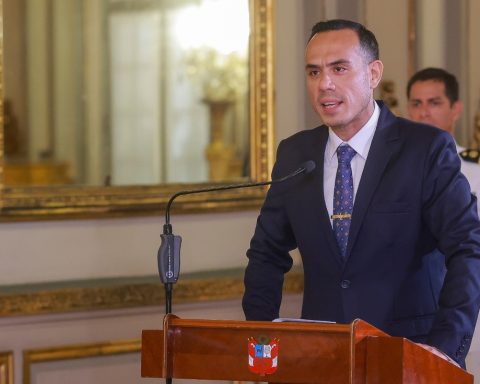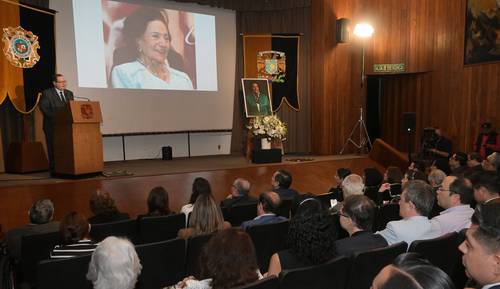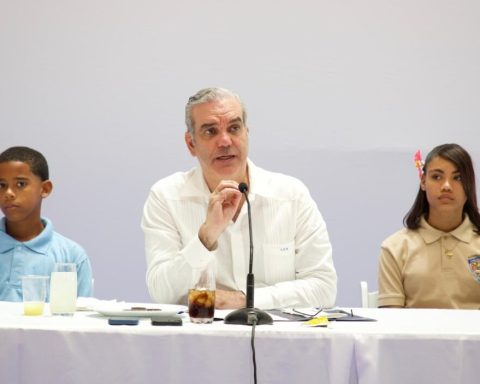According to Peruvian legislation, companies have until November 15, 2024 to make the second annual deposit of the Compensation for Time of Service (CTS), a benefit that covers all workers who work at least four hours a day under spreadsheet.
The CTS is a right that seeks to protect workers in the event of dismissal and is calculated as an annual salary, divided into two semiannual payments: the first must be made until May 15 and the second, until November 15.
In May 2022, Law 31480 was enacted, which allows workers to have 100% of their CTS until December 31, 2023. This measure, implemented in response to the economic crisis generated by the pandemic, seeks to alleviate the burden financial situation of workers, allowing them to access their savings in an uncertain context. Recently, Congress approved the extension of this rule, extending the free availability of the CTS until December 31, 2024.
How to calculate the CTS?
The calculation of the CTS varies depending on the time worked and the type of company. For those who have worked a full semester, the deposit must include 50% of their monthly salary, in addition to one sixth of the bonus received in July 2024. If the worker has worked only part of the semester, the calculation is made as proportional, also adding one sixth of the bonus.
For example, for a worker with a salary of S/1,300.00 who has worked for four months, the calculation of his CTS would be:
- One sixth of salary: S/216.67 (amount per month worked)
- Total for four months worked: S/216.67 x 4 = S/866.68
- One sixth of the bonus: S/216.67
- Total CTS to deposit: S/866.68 + S/216.67 = S/1,083.35
For those with variable income, such as overtime, these amounts can be added to the CTS calculation, as long as they have been received on at least three occasions in the semester.
Considerations for small and micro businesses
In the case of small businesses, the right to CTS depends on registration in the Registry of Micro and Small Businesses (REMYPE). Registered microenterprises are not required to make this payment for employees who joined after registration, although workers prior to registration maintain their right to the CTS according to general regulations.
What happens if my company does not deposit the CTS?
Companies that do not deposit the CTS within the established period may face financial penalties. The National Superintendence of Labor Supervision (Sunafil) can impose fines ranging between S/8,085.50 and S/134,518.00, depending on the size of the organization and the number of affected workers. Likewise, if the company does not comply with delivering the CTS settlement sheet to its workers, it could be sanctioned with fines that vary between S/1,339.00 and S/79,928.00.
Who is not entitled to CTS?
In the context of the deposit of Compensation for Time of Service (CTS), it is important that both employers and workers are aware of who is excluded from this benefit. According to Peruvian legislation, not all workers are entitled to the CTS, which includes:
- Part-time or part-time workers: Those who work less than four hours a day are not eligible to receive the CTS, since this compensation is intended for those who work full-time payroll.
- Workers with less than a month of work: Those employees who have been in the company for a period of less than one month are not entitled to CTS. This benefit is generated as a result of a minimum working time in the organization.
- Workers with Annual Comprehensive Remuneration: This group includes those whose contracts already include CTS within their salary, so it is not necessary to make additional deposits, since the benefit is included in their total remuneration.
-
Workers under the microenterprise labor regime: The specific regulations for this regime indicate that these workers have a reduced right to vacation, which is limited to a period of 15 days as a social benefit, and do not receive CTS.
Now available in Yape! Find us at YAPE Promos.
RECOMMENDED VIDEO















